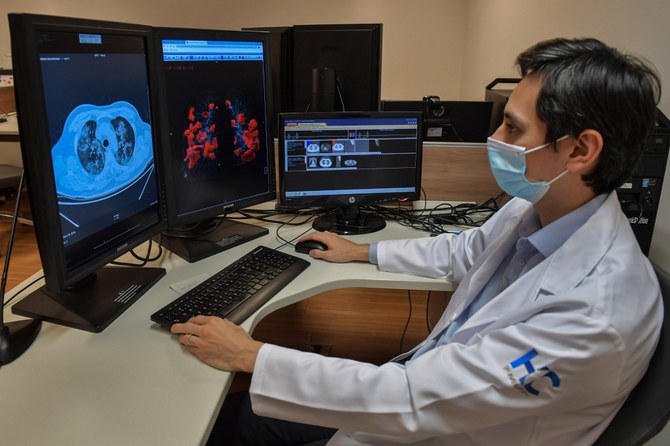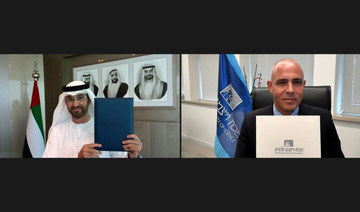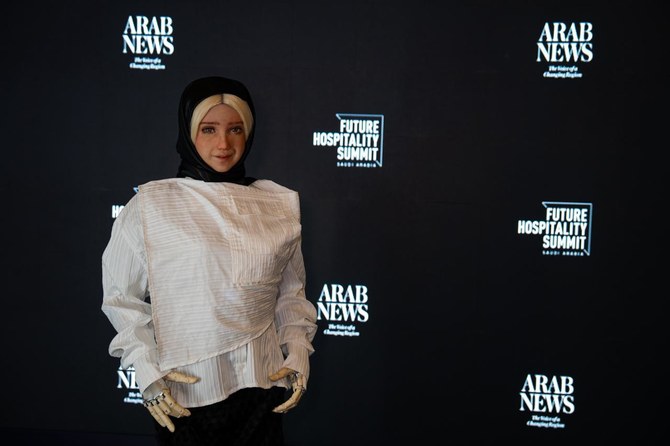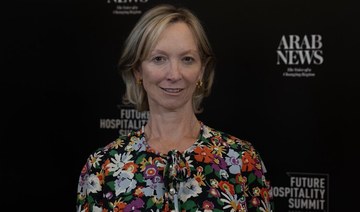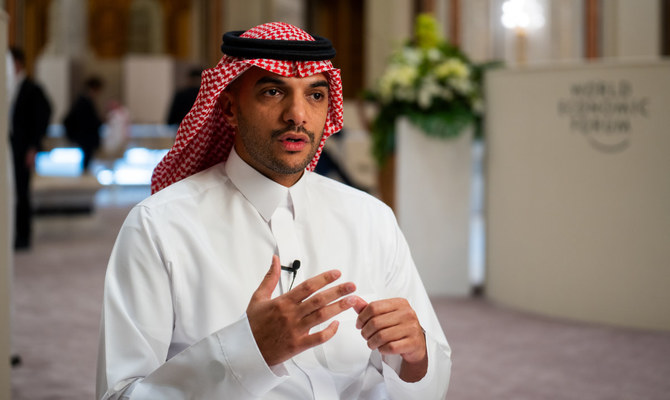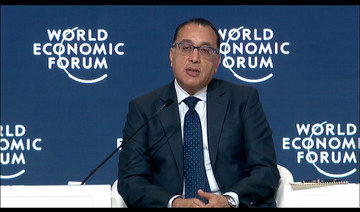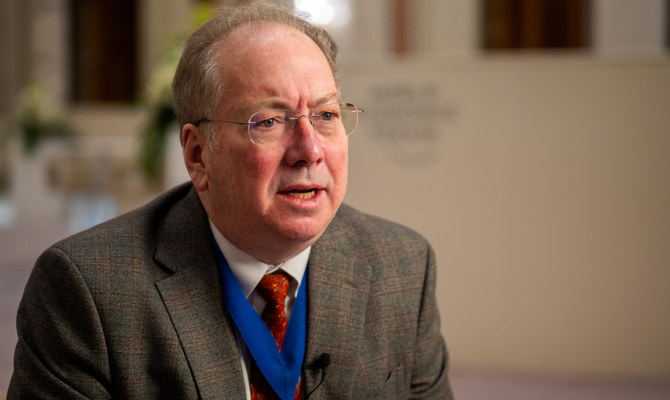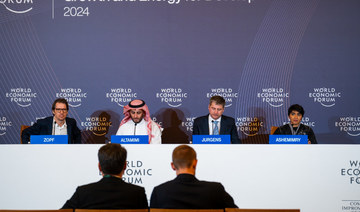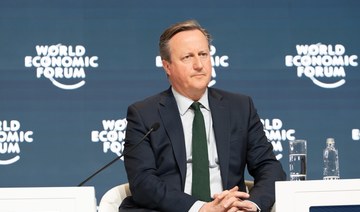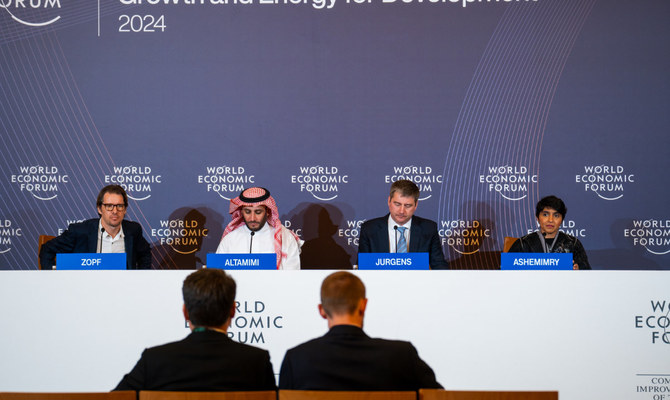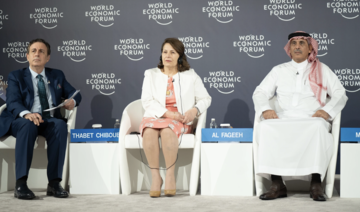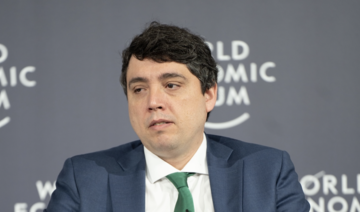JEDDAH: Artificial Intelligence (AI) is increasingly sophisticated at replicating humans in a faster, cheaper and more efficient way. One of the areas it is becoming particularly effective is in the fight against the coronavirus disease (COVID-19).
The pandemic has taught us that health care delivery requires the support of new technologies like AI, Internet of Things, big data and machine learning to fight and predict new diseases.
“AI — machine learning in particular — holds great promise for improving the ability to reduce the impact of infectious diseases,” Zafir Junaid, General Manager of North Gulf Region, told Arab News.
During disease outbreaks like COVID-19, AI and machine learning can help equip and enable better decision making through its ability to deal with a huge amount of data. “Machine learning is designed to consider large amounts of data, find patterns in that data and detect anomalies, and, in many cases, offer predictions,” Junaid added.
The majority of AI applications are for early detection and diagnosis of the infection.
Due to AI’s skill at seeing connections and correlations that humans may not find, it can help to automate data analysis and build models on risk factors to aid in scenario analysis of infection transmission, said Junaid.
To increase AI accuracy and precision, diverse information sources are combined into analytical data sets, such as official incidence records, clinical emergency data, physician’s records, social media, flight records, school absence, and sales data of anti-fever medication, he added.
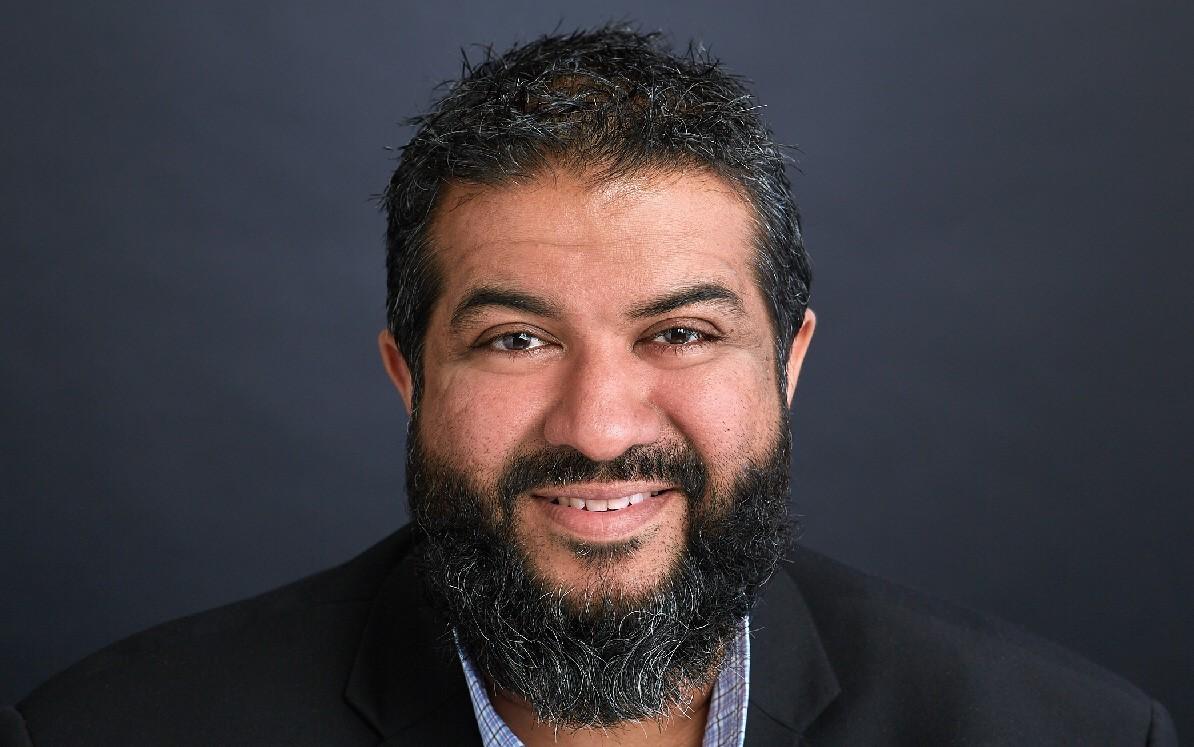
Zafir Junaid, Regional Manager at American software company SAS for Saudi Arabia, Bahrain and Pakistan. (Supplied)
AI and advanced analytics are also used to develop drugs and vaccines, reduce the workload of health workers, as well as automate tasks for citizens.
An example of this would be the use of chatbots to rapidly survey citizens for symptoms. Unlike call centers, these systems can deal with thousands of patients per hour.
Moreover, by examining data from similar viral diseases, users can also process that data to predict what types of vaccines and medicines might be more effective.
“It can be applied to clinical discovery, trials and manufacturing to ensure safe and efficient antiviral medicines and vaccines,” Junaid said.
However, Junaid emphasized that expertise in these techniques does not come overnight. It requires knowledge, organized data streams and a proactive attitude that delivers great value when a pandemic such as COVID-19 strikes.
Therefore, scientists and AI experts are calling for governments to adopt a more holistic approach to help avert future pandemics.
“We are seeing several excellent examples of governments utilizing analytics to help combat the virus,” said Junaid.
During the COVID-19 outbreak, governments possessed technological capabilities to identify and track outbreaks — using location and other data from mobile phones — to monitor treatment capacity, identify those most at risk of developing severe symptoms and find the most effective treatment approaches.
“The Kingdom has spearheaded some of these initiatives in a swift and well-planned manner,” said Junaid.
Saudi Arabia was one of the first countries in the world to launch a coronavirus contact tracing application, according to The Data and Artificial Intelligence Authority.
With COVID-19, many steps were taken to integrate different organizations’ efforts to develop flexible tech-based solutions and a series of apps were launched to offer various services to citizens.
One of the recent steps was an agreement signed in October to establish the first joint international innovation center for AI and precision medicine between Oxford University and King Abdul Aziz University.
“The Kingdom, during the last Hajj Pilgrimage, achieved success by coupling technology with an effectively monitored on the ground process,” Junaid said.
However, for digital transformation to make the most impact, access to high-quality data is essential, however, this can be challenging, he said.
“The type of data needed to identify possible high-risk scenarios tends to be fragmented across different entities and industry sectors,” he noted.
He explained that tracing requires the integration of telecoms and health care data with basic demographic information, meaning that collaboration between entities is essential for disease control strategies to work.
“High-quality data must be available and readily accessible, which will require collaboration between departments and public and private sector organizations,” he said.
Organizations also require access to staff that can analyze data using a range of different techniques. Furthermore, governments need to be set up to collect and organize data continuously to obtain insight from ever-changing datasets.
“We can predict with a certain level of confidence that governments will increase their investments in analytics as a result of this crisis,| said Junaid.
However, Junaid stressed that identifying future pandemics and gaining the ability to react promptly is not only down to health agencies. Instead, they should work with companies and data firms.
“Agencies alone will not have access to international data sources, and even if they do, will face an uphill task in analyzing this, so proactive initiatives that bridge governance, internationally sourced data and well-governed analytics platforms will only optimize disease prevention, and the process of its treatment,” he said.
The potential of AI and data analytics-powered solutions seem limitless.
All strategies should always be weighed against the potential risks, and the good news is that these solutions can also help assess and overcome these risks, said Junaid.



